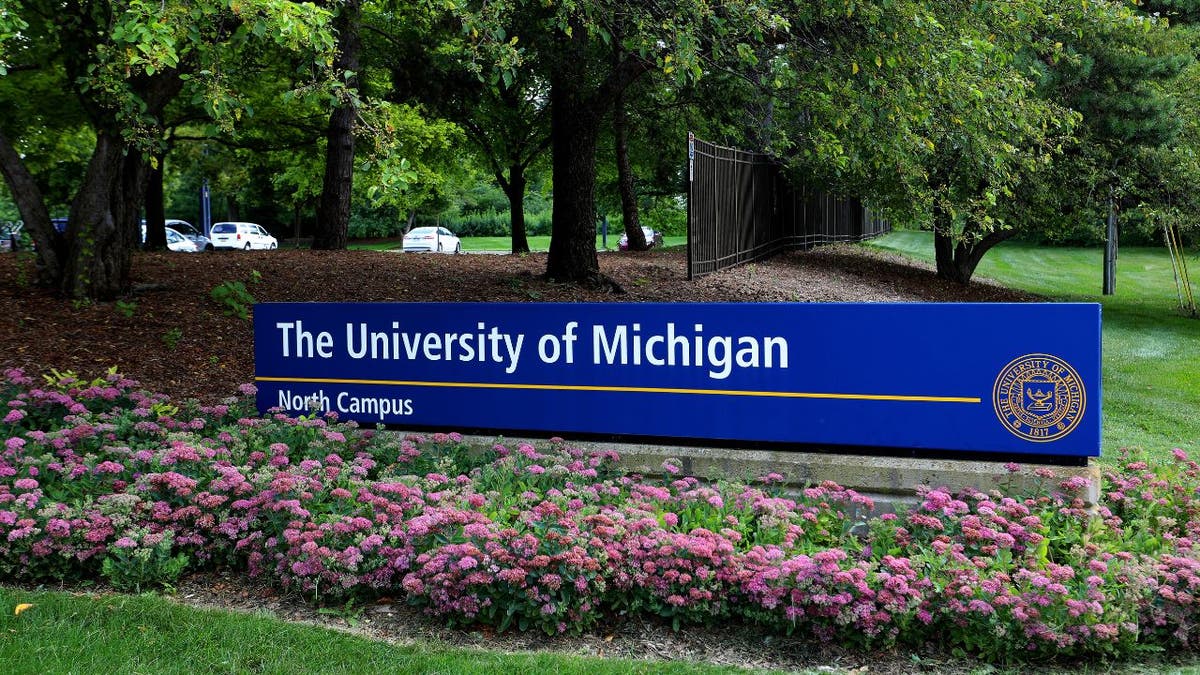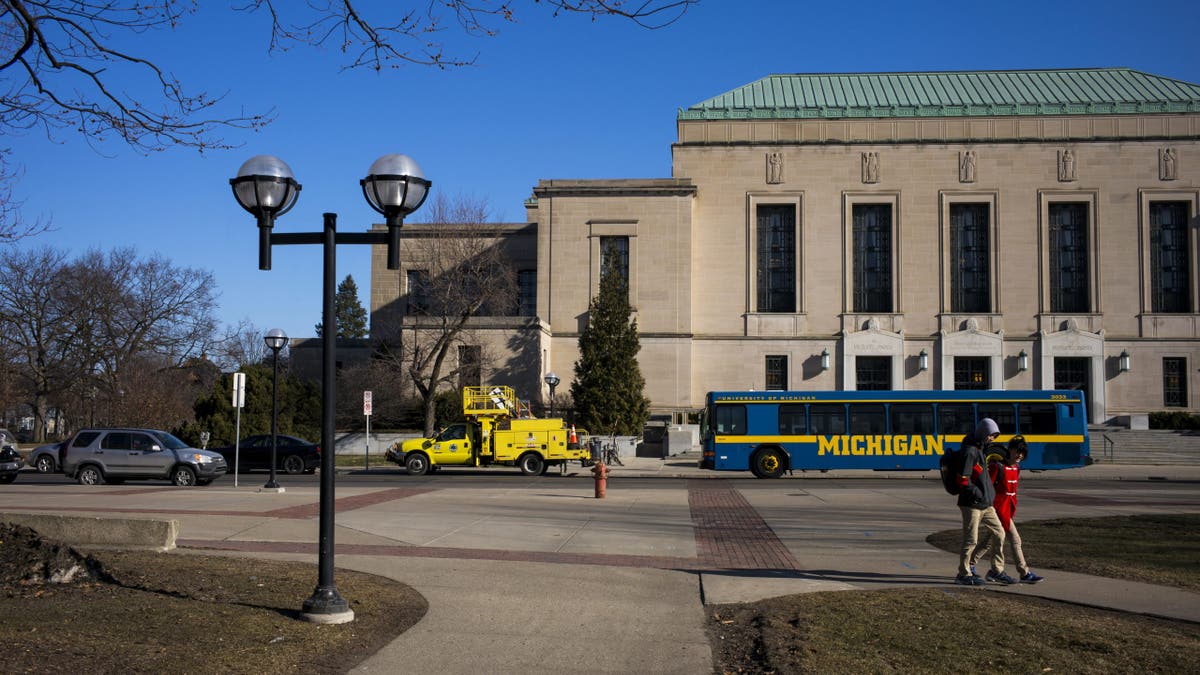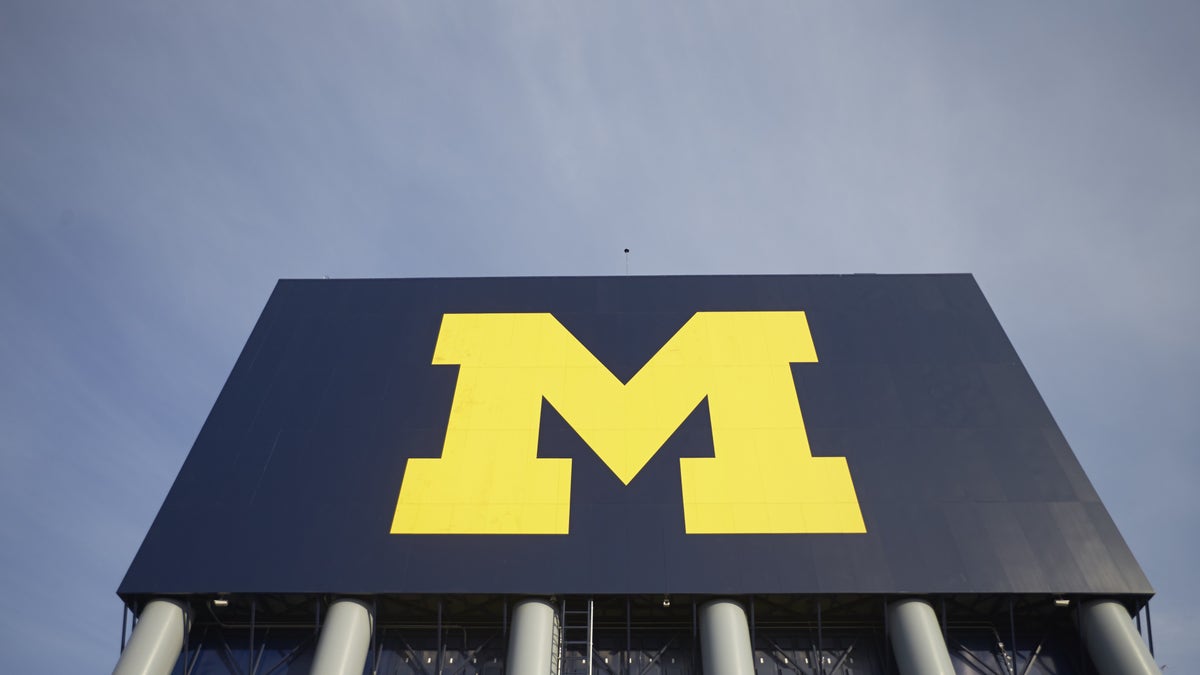The University of Michigan (UM) has initiated a significant review of its Diversity, Equity, and Inclusion (DEI) programs, sparking debate about their efficacy and financial impact. The university recently eliminated the mandatory diversity statements for faculty hiring and promotions, based on recommendations from a dedicated faculty working group. Provost Laurie McCauley emphasized the university's commitment to DEI values while acknowledging the need for continuous refinement in their approach.

This decision comes amidst growing criticism of diversity statements for potentially stifling free expression and diverse viewpoints on campus. Concurrently, the UM Board of Regents, with a Democratic majority, is scrutinizing the financial aspects of the university's DEI bureaucracy. Regent Sarah Hubbard publicly questioned the impact of these initiatives, particularly regarding diversity of thought, and highlighted the substantial financial investment in DEI programs.

Reports indicate UM has allocated at least $250 million to DEI since 2016, with a significant portion directed towards salaries and benefits for DEI staff. Regent Mark Bernstein suggested redirecting these funds towards direct student support and reducing administrative overhead. The Board of Regents is reportedly exploring options to shift the DEI budget towards student recruitment and financial aid for lower-income students. This shift in focus aligns with concerns raised by some Black students who have criticized the university's DEI efforts as superficial and ineffective in fostering a truly inclusive environment.

Internal surveys have revealed a decline in positive campus climate and sense of belonging since the inception of the DEI program, raising further questions about its effectiveness. The ongoing discussions and reevaluation of DEI initiatives at UM reflect a broader national conversation about the role and impact of such programs in higher education.
Comments(0)
Top Comments